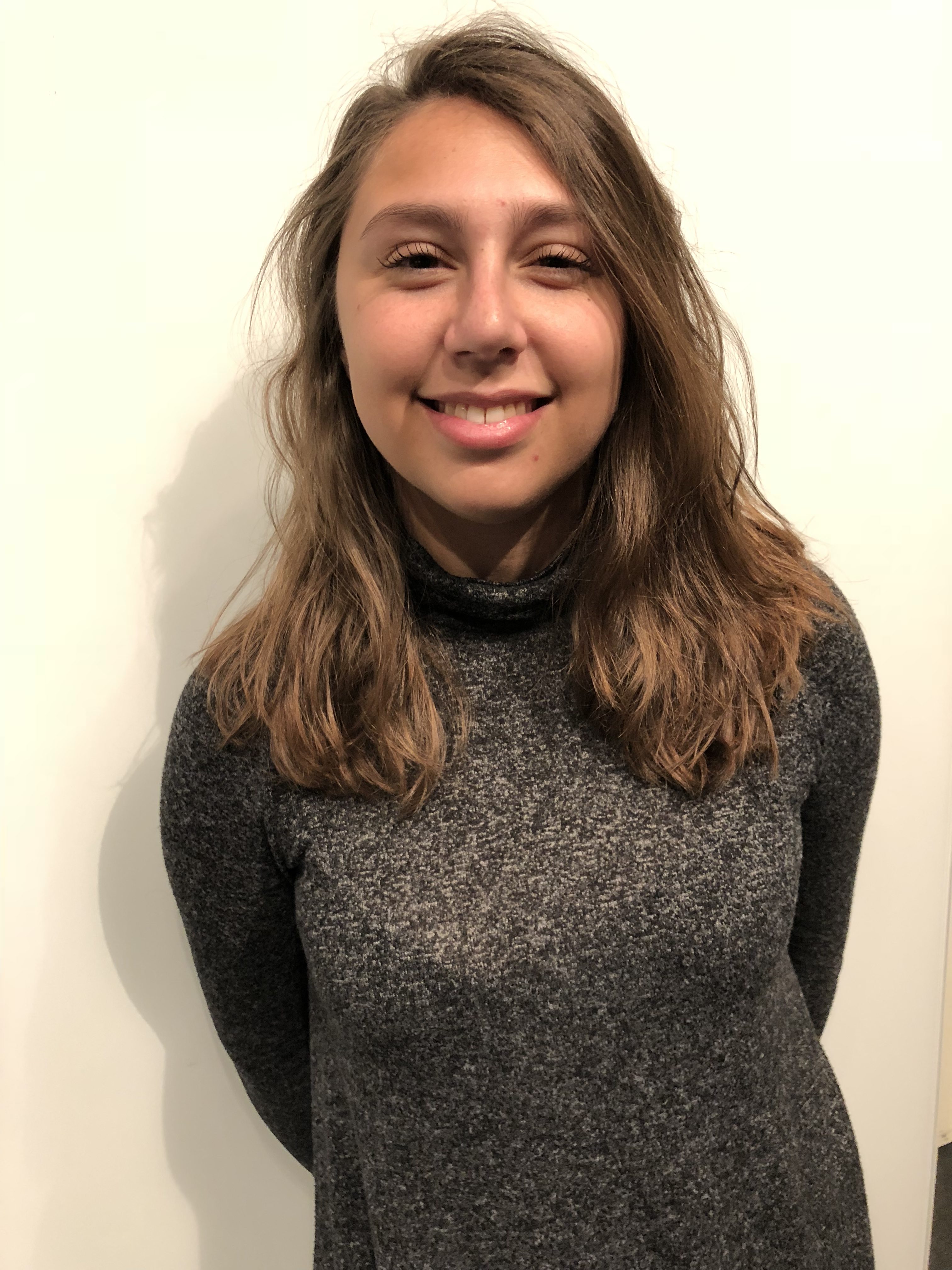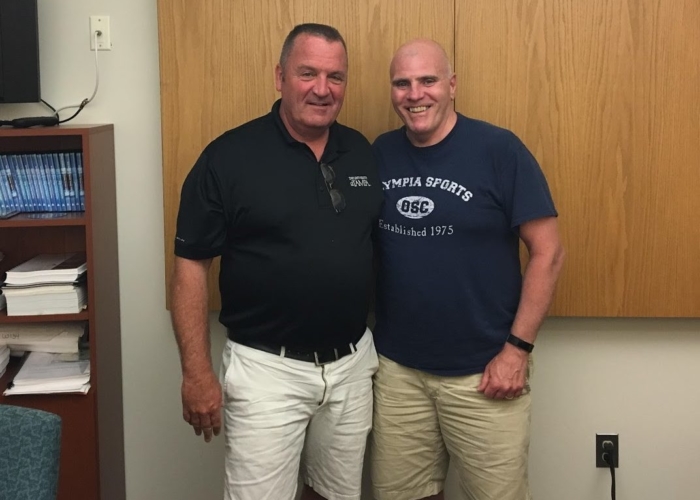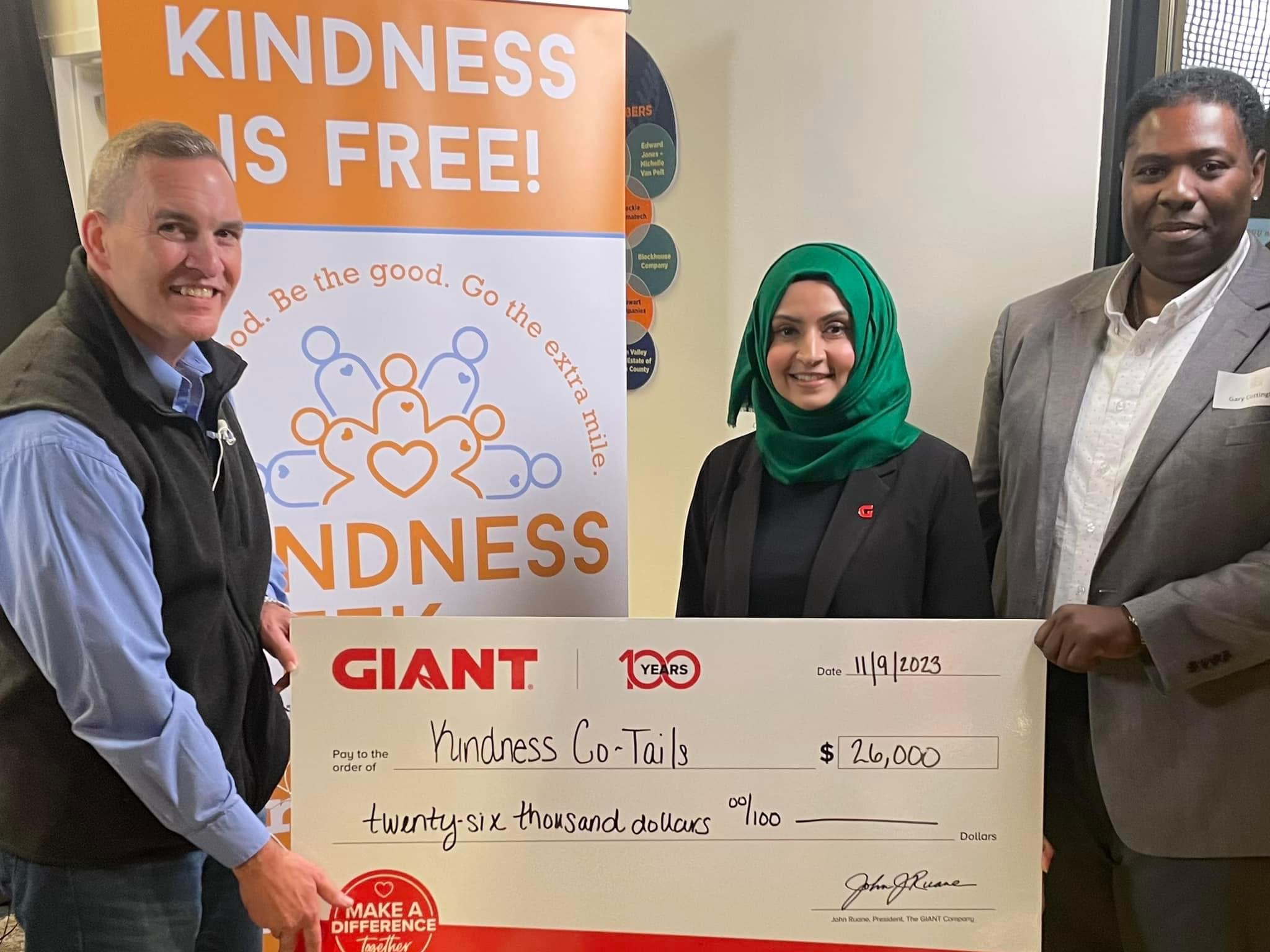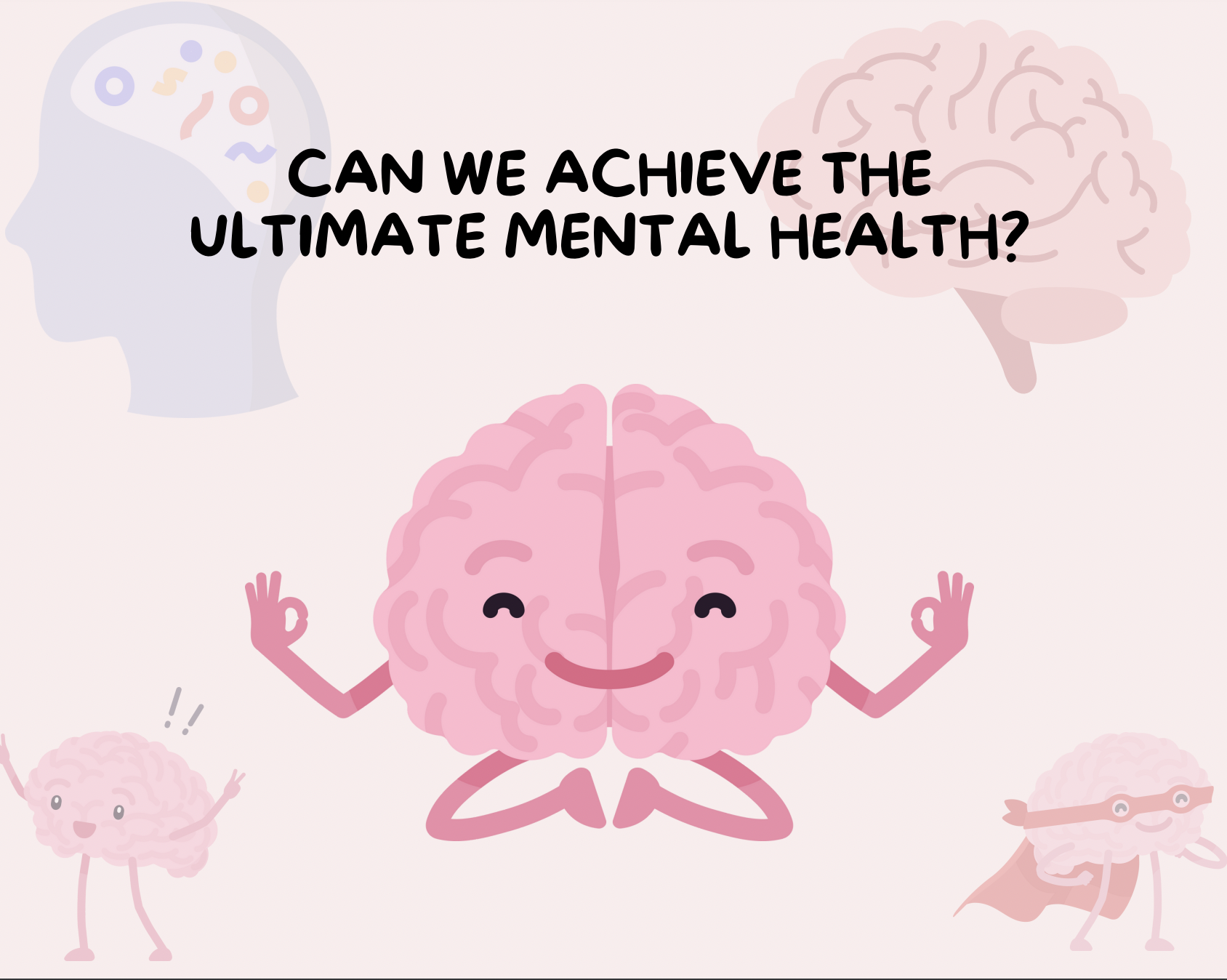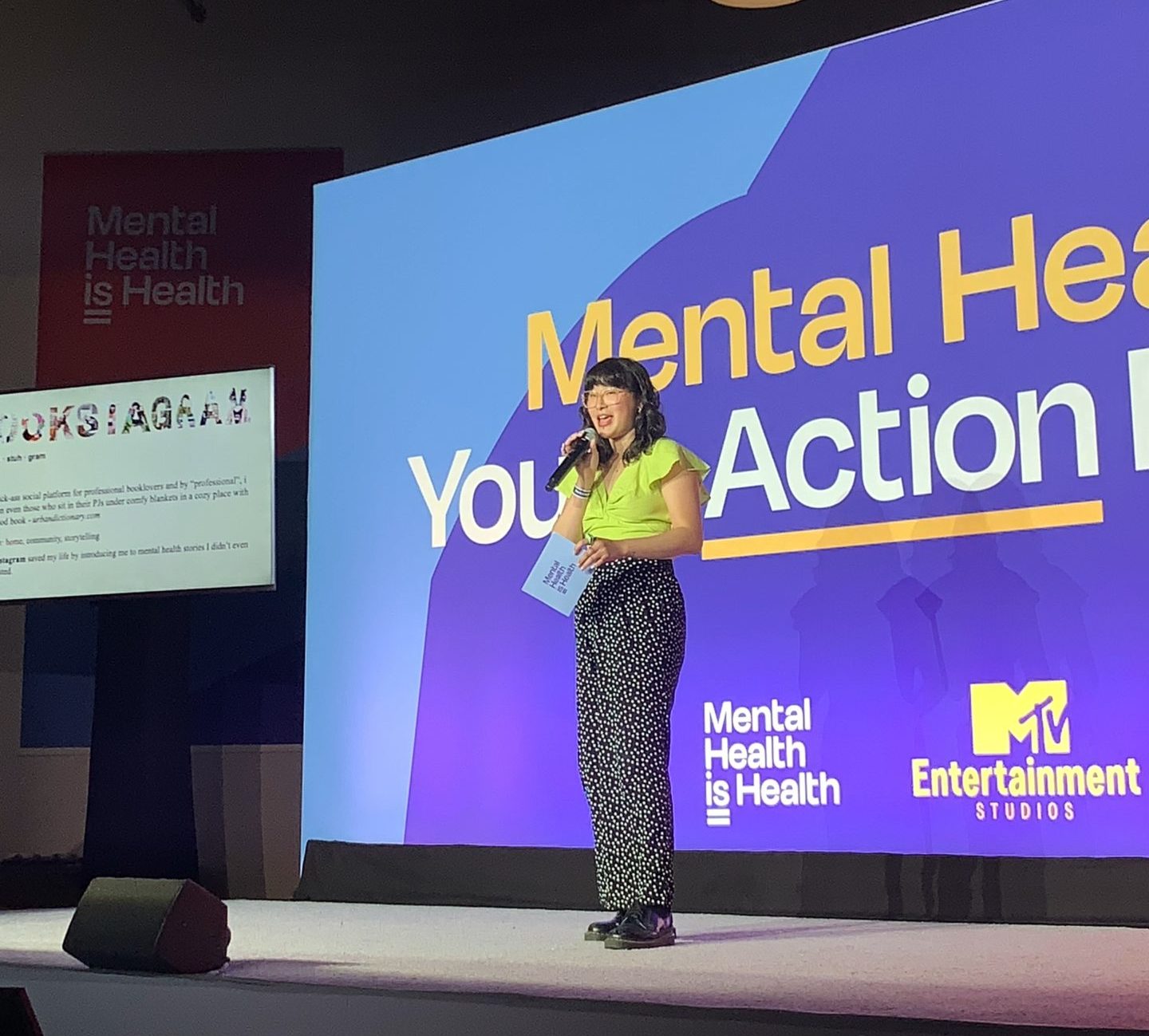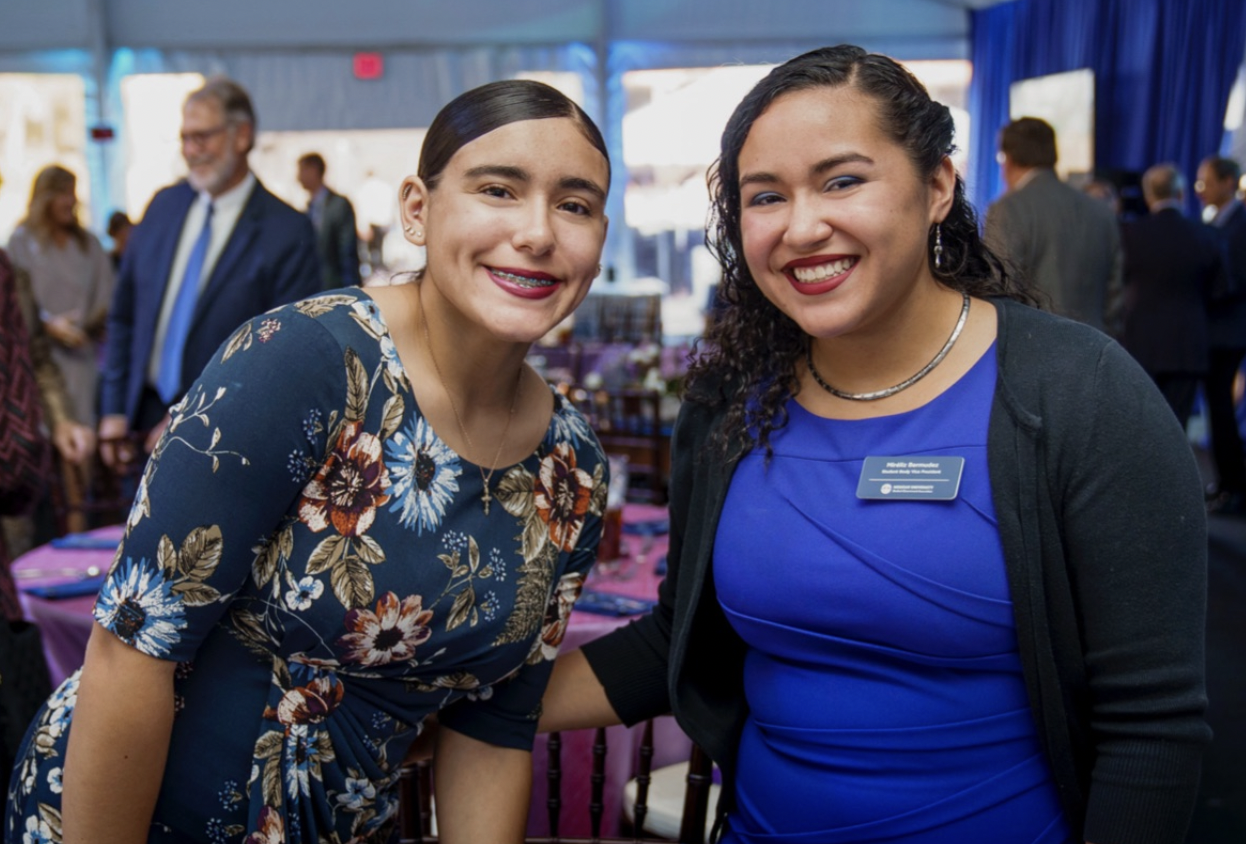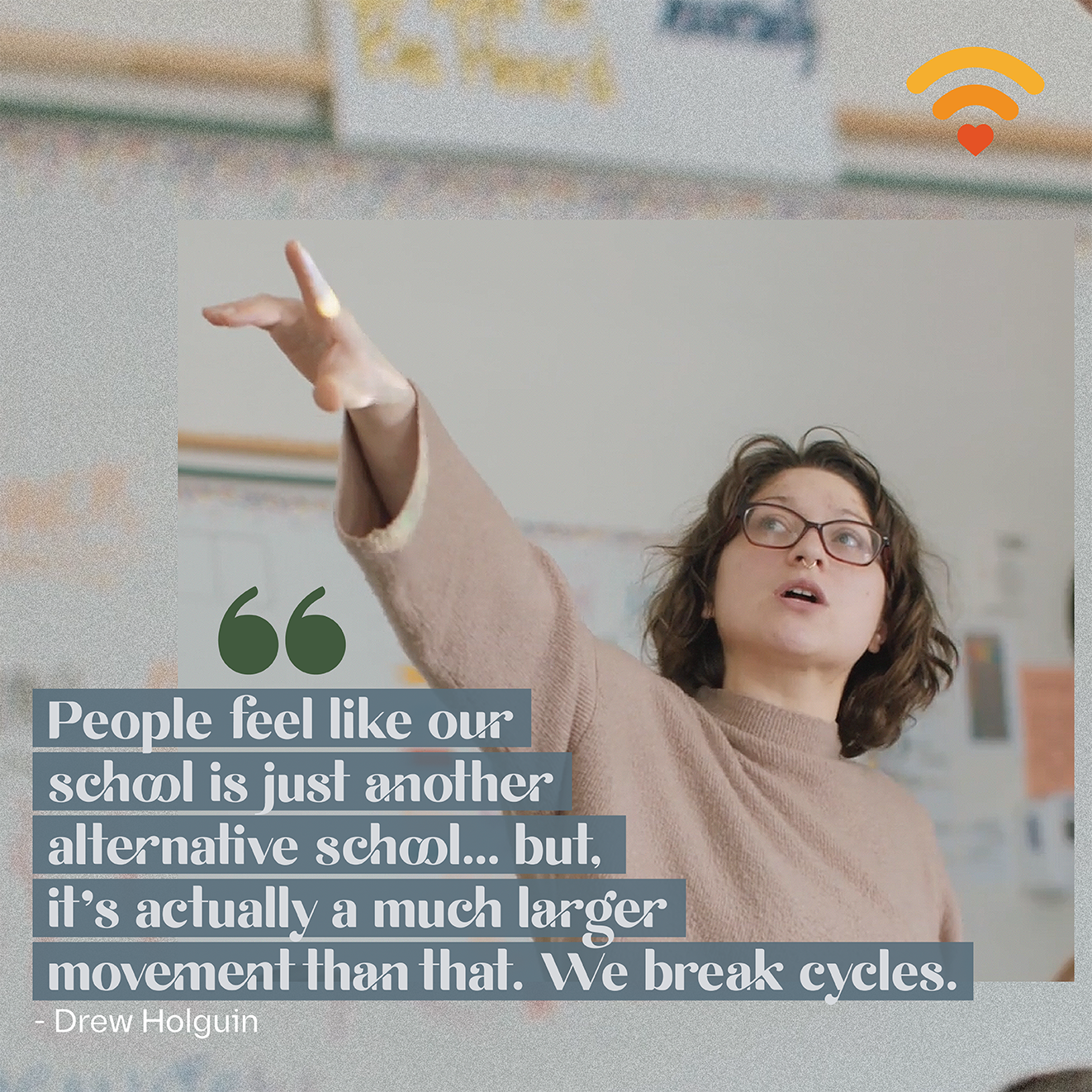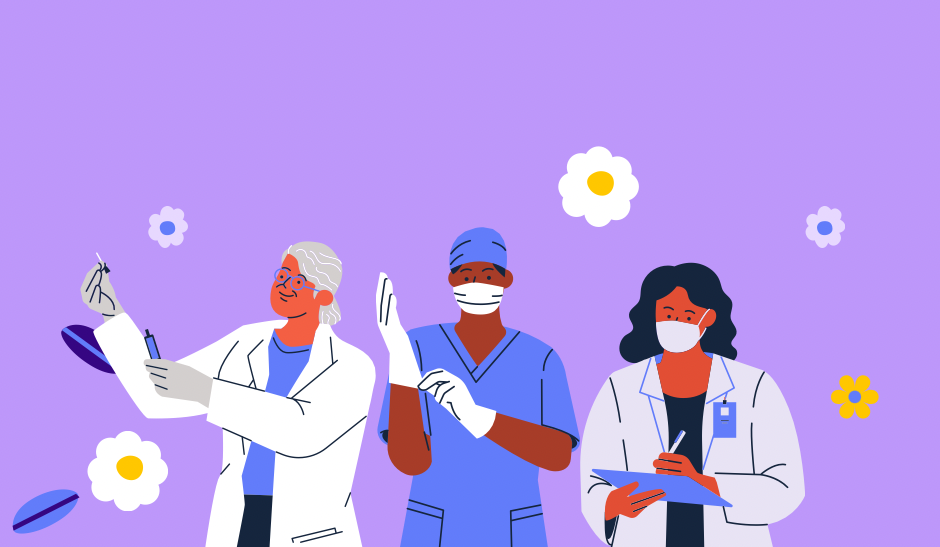Trigger Warning: This story contains descriptions and information about sexual assault and/or violence which may be triggering to survivors. If you or someone you know has been affected by sexual violence, please seek help. You can call the National Sexual Assault Hotline at 1-800-656-HOPE (4673) for assistance.
Kevin* never thought that he would be able to share his story with his loved ones, nevertheless share it publicly with strangers.
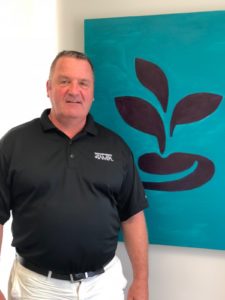
But as a Survivor Speakers Bureau (SSB) volunteer with the Boston Area Rape Crisis Center (BARCC), Kevin shares his story to hundreds of people every year.
“I never imagined five years ago I’d be sitting in the audience listening to someone speaking about it, never mind actually being the guy up there,” Kevin said.
The “it” that Kevin refers to is childhood sexual assault. Childhood sexual assault is a widespread problem in the United States. According to The Rape, Abuse & Incest National Network, every eight minutes Child Protective Services substantiates or finds evidence of a claim of sexual abuse.
For many victims, especially men, the stigma and shame that comes with sexual assault is difficult to bear. BARCC is one crisis center that provides support for both women and men.
The Boston Area Rape Crisis Center
BARCC was founded in 1973 with the mission to end sexual violence through healing and social change.
BARCC provides free and confidential support and services to survivors of sexual violence and their loved ones.
Historically, rape crisis centers were not open for men. Sharon Imperato, the manager of clinical services at BARCC, said that male survivor resources were provided out of necessity in the Greater Boston area.
“We had the priest abuse scandal here in Boston, so a lot of the people that were abused were boys and coming forward and needing a place to go, and BARCC was one of the first rape crisis centers and was the first in this area to do anything with male survivor groups … even back in the 1990s.”
For the past 20 years, BARCC has provided services to male victims and survivors of sexual assault, addressing their needs with specialized programming such as male-only group counseling, individual counseling, and supporting male survivors of prison rape who remain incarcerated.
One opportunity that BARCC provides for both women and men is the SSB. Formed in 1999 by a group of survivors who wanted to share their stories to educate others about sexual violence, members of the SSB speak to hundreds of students, parents, military members, athletes, police, journalists, health-care providers, legislators, and others every year.
The survivors are trained as community educators and speak publicly about their personal experiences as a way to help in their personal recovery, give back to their community, and for someone like Kevin, give a voice to his younger self.
“I went into it thinking that I was going to give that 10-year-old boy a voice, and I was gonna bring awareness,” he said.
Finding a Voice After Decades of Silence
The average disclosure is about 20 years for male childhood sexual assault survivors, according to research conducted at Boston College.
For Kevin, who has faced a great deal of pain in his adult life, there was nothing worse than keeping his story of assault a secret for over 20 years.
“I thought that was the worst thing that could ever happen to me in my life … losing a baby … walking Jenna Rose out to the hearse and putting her in a body bag, and it wasn’t. It was keeping that secret for 25 years by myself … it was worse ‘cause it was like sitting in a jail cell by myself and nobody to work through it and talk about it.”
But the support that Kevin has found at BARCC and the platform for him to share his story with others has been life-changing.
“It’s just a different world for me now since I’ve come here,” he said. “These people have become like family to me. These folks are very supportive of me and each other and they are an extremely important part of my life.”
BARCC staff and other survivors that Kevin has met through his recovery have given him a new perspective.
“I’ve learned a lot here (about) acceptance, (that) people are people, and abuse – if it’s physical, mental, emotional – it’s all the same and it doesn’t matter if it’s a woman, a man, a transgender (person)… because the cause and effect is the same.”
Overcoming the feelings of shame has allowed Kevin to share his story with his family, including his children.
“When you don’t have to keep that secret anymore and you don’t have to lie to them about going to your men’s support group or coming up here to the BARCC training, it’s just an unbelievable feeling. There’s no shame, there’s no humiliation, it’s just truth.”
For the past two years Kevin has been speaking with the SSB. Initially, he was nervous. He found that he was – literally – the oldest guy in the room; most of the survivors talking were young women that were his daughter’s age. But after one speaking engagement, one woman approached him to express her thanks for his words, saying, “You never ever see men doing this.”
“We’re all here for one purpose, and that’s to bring awareness and help other people,” he said. “Silence enables. When people don’t find their voice, it keeps going on.”
Jim* is a survivor of the priest abuse scandal in Boston. After his recovery, he decided he wanted to give something back to BARCC and his community.
“BARCC got me to where I am right now, and I always wanted to give something back in whichever way I could,” he said with a smile.
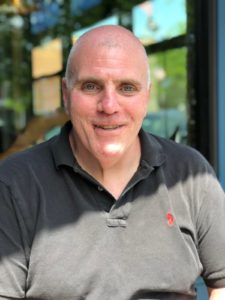
For the past seven years, Jim has been speaking on behalf of BARCC as a part of the SSB.
“It allows me to give something back and it also, out of all the hundreds of people I’ve spoken to – if you look at the statistics – there’s somebody sitting in that audience that it’s happened to them.”
At least one in six men have been sexually abused or assaulted. For women, the statistic is about one in three.
Jim never imagined that speaking about his story would help him with his recovery, but it has proven to be a healthy coping mechanism.
“I’m validating that it actually happened and at the same time dealing with and talking about it openly and honestly,” he said.
People have been receptive to Jim, often thanking him for his time and courage to talk about his experience. For him, some of his most difficult engagements have been his most rewarding, including speaking to a college hockey team.
In early 2012, two of the team hockey players were charged with sexual assault.
“I wanted to impress upon (the players) what they’re doing in terms of saying stuff to women or harassing and assaulting them is just completely, you know, out of bounds. I wanted to express not only does it happen to women, but it happens to men too.”
Most importantly, Jim wanted to express how the aftermath of assault can affect survivors.
“I stressed the need to lead by example, as they were well known throughout the campus. They were very receptive to this as they made the connection the impact of their actions have on survivors and how the survivors struggle for years and even decades later.”
Sharing Stories and Spreading Kindness
For male survivors of sexual violence, the stigma provides a challenge for coming forward, Sharon said.
“Stereotypically, what do you think of when you think of victims? You think of weak, you think vulnerable, you think emotional, you think helpless … Now, if I ask you what your stereotypical ideas of what a man is, you think strong, stoic, protector. And so the two do not match. And men are not taught, number one, that they can actually be victims. So if they are victimized they are not taught to even see that because it makes them less of a man.”
Sharon believes that giving empathy and understanding is the key to helping survivors of sexual assault, especially because sexual violence is the one crime where the victim is blamed for the violence done to them.
“‘I believe you,’ ‘I’m here for you,’ ‘I’m listening,’ ‘It’s not your fault,’ … those simple kind words are really reparative for survivors who for so long have been blamed and victimized and experienced violence that was anti-kind.”
Survivors are never obligated to share their stories. However, the Boston Area Rape Crisis Center offers free and confidential services to survivors of sexual violence and their loved ones, including a resource for survivors considering sharing their story publicly.
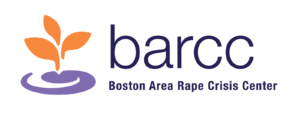
Learn more about their services or call the 24-hour hotline at 800-841-8371.
*Last names have been redacted for privacy.




